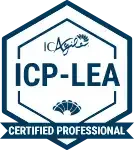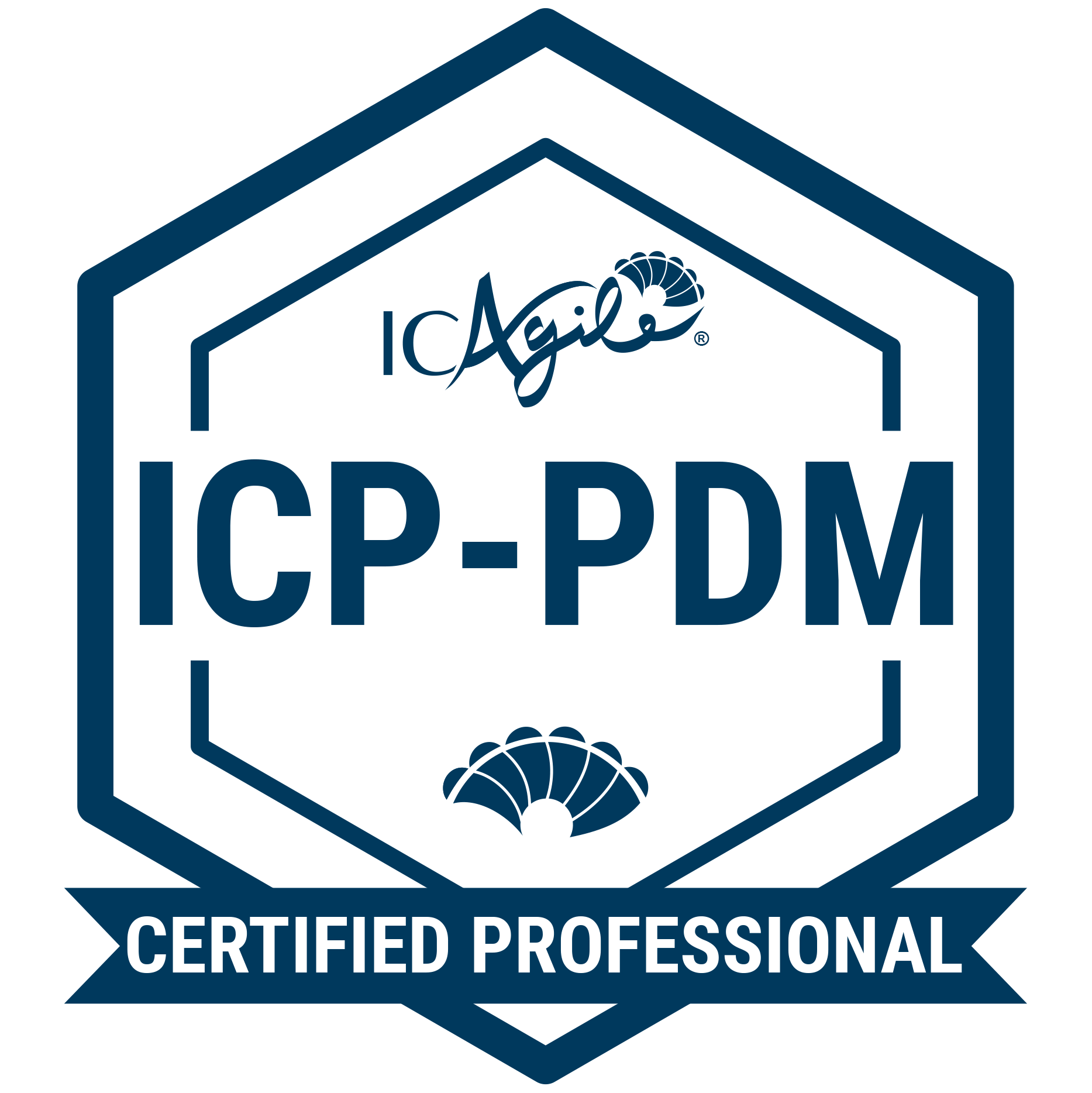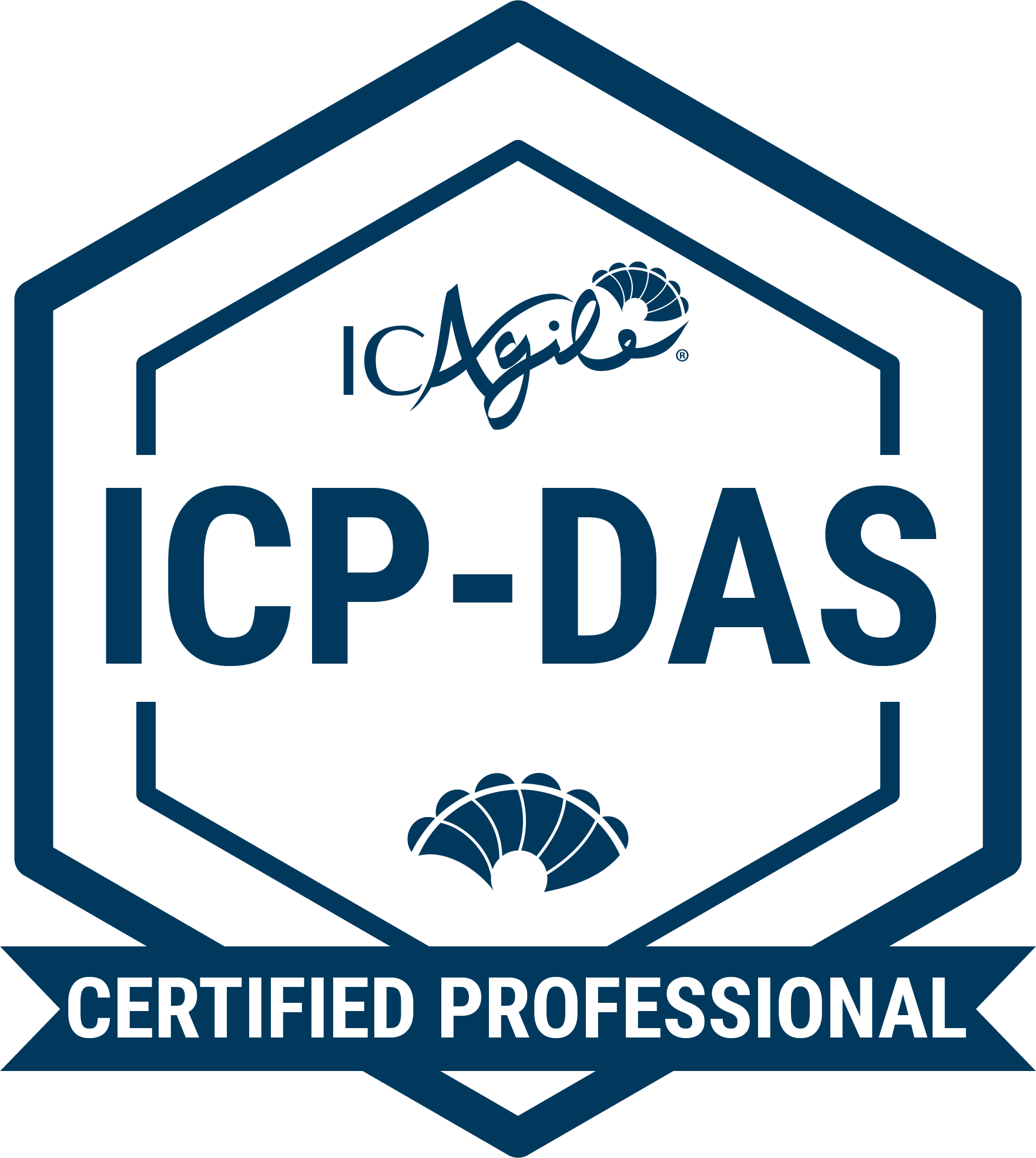Learning from mistakes and successes is the key to growth, both in life and in projects.
Whether you're managing a small task or leading a large project, one thing remains constant: there's always something to learn once it's done.
That's where lessons learned and project retrospectives come in. These are the moments where teams pause, look back, and reflect on what went well, what didn’t, and how to improve for the future.
In this blog, we’ll explore the value of these simple practices and why they should be part of every project.
Whether you're new to project management or a seasoned pro, stick around—these lessons can transform how you work.
What are Lessons Learned and Project Retrospective?
Every project is a journey, and every journey offers lessons. When documented and shared, these lessons become powerful tools for continuous improvement.
Lessons Learned is a document that captures what went well, what didn’t, and what could be improved for future projects. It reflects on the project’s successes and challenges.
On the other hand, a Project Retrospective is a meeting held at the end of a project where the team reflects on the project process. It’s a safe space to discuss what worked, what didn’t, and how the team can improve for the next project.
Both Lessons Learned and Project Retrospectives focus on the following:
-
Identifying successes and celebrating them,
-
Recognizing challenges and finding ways to overcome them in the future, and
-
Promoting continuous improvement by applying these insights to future projects.

Discover the 10 Most Important Project Management Skills you need to master for successful project delivery. Don’t miss out on the chance to enhance your skills
Read MoreLessons Learned vs Project Retrospective
Lessons Learned and Project Retrospectives are two closely related concepts in project management, but they serve distinct purposes and occur at different project stages. Here’s how they differ:
| Aspects | Lessons Learned | Project Retrospective |
| Timing | It typically happens at the end of a project or phase. It’s a formal process in which the team documents the key takeaways from the entire project cycle. | Usually conducted at the end of each sprint or iteration in Agile projects. It’s a recurring meeting aimed at immediate reflection, focusing on what went right, what went wrong, and what can be improved in the next sprint. |
| Scope | It looks at the bigger picture, analyzing the project from start to finish. It’s a high-level review that identifies project trends, successes, and challenges. | Narrower in scope, focusing only on the most recent phase or iteration. It dives into specific details, team dynamics, and short-term outcomes to make quick adjustments. |
| Focus | This is more about documenting insights for future reference. The aim is to capture what can be applied to future projects, creating a knowledge base. | It is primarily action-oriented and aimed at improving the current project. It leads to immediate changes in workflows or processes to enhance ongoing performance. |
| Formality | The process is often formal, involving stakeholders, team members, and sometimes external parties. The outcomes are documented in reports or knowledge repositories. | Less formal and more conversational, usually just within the project team. It’s a collaborative session designed to encourage open feedback. |
Advantages of Lessons Learned and Project Retrospectives
Lessons Learned and Project Retrospectives offer significant benefits to project management by fostering continuous improvement, enhancing team performance, and promoting future success. Though they are different in timing and scope, together, they provide a comprehensive approach to refining processes and outcomes. Here are the key benefits they offer:
1. Continuous Improvement
Both practices emphasize reflection, allowing teams to identify areas for improvement. Project Retrospectives help address immediate issues, while Lessons Learned to capture broader insights for future projects. This combination ensures continuous enhancement of both ongoing and future work.
2. Enhanced Decision-Making
By analyzing past performance, teams gain a clearer understanding of what worked and what didn’t. This leads to better decision-making, whether for immediate course corrections in a retrospective or long-term strategic planning through lessons learned.
3. Improved Team Communication
Both retrospectives and lessons learned foster open communication. Retrospectives encourage real-time feedback among team members, improving trust and collaboration. Lessons Learned provide a more formal platform to engage all stakeholders, ensuring that key insights are shared and discussed.
4. Risk Mitigation
Identifying problems and successes in retrospectives helps to mitigate risks early in the project cycle. At the same time, lessons learned allow for better risk management in future projects by recognizing patterns of potential issues.
5. Knowledge Retention
Lessons Learned serve as a documented repository of knowledge, preserving valuable insights for the organization. Over time, this builds an internal knowledge base that benefits new and experienced teams.
6. Increased Project Efficiency
By applying the lessons from both practices, teams can streamline processes, avoid repeated mistakes, and adopt best practices. Retrospectives make immediate adjustments that increase efficiency during the project, while Lessons Learned provide long-term strategies for smoother project execution.
7. Boosted Morale and Engagement
When teams regularly participate in retrospectives, they feel heard and valued. This promotes a culture of openness and trust, boosting team morale. Additionally, involving teams in Lessons Learned acknowledges their contributions and insights, fostering a sense of ownership over project outcomes.
Lessons Learned and Project Retrospectives build a strong foundation for smarter project execution, informed decision-making, and continuous growth, benefiting current and future projects.
Conclusion
Incorporating lessons learned and project retrospectives into your project management practices can significantly enhance your team's performance, foster a culture of continuous improvement, and ultimately lead to greater project success. By taking the time to reflect, learn, and adapt, you'll be better equipped to navigate the challenges and opportunities that lie ahead. Remember, every project is an opportunity to grow, so embrace the power of retrospectives and watch your team thrive.
Discover the "Top 10 Project Management Certifications 2024" that can elevate your skills and make you stand out in a competitive job market.
Don’t wait! Read our comprehensive guide now and find the perfect certification to kickstart your project management journey!
Learn More




























































































